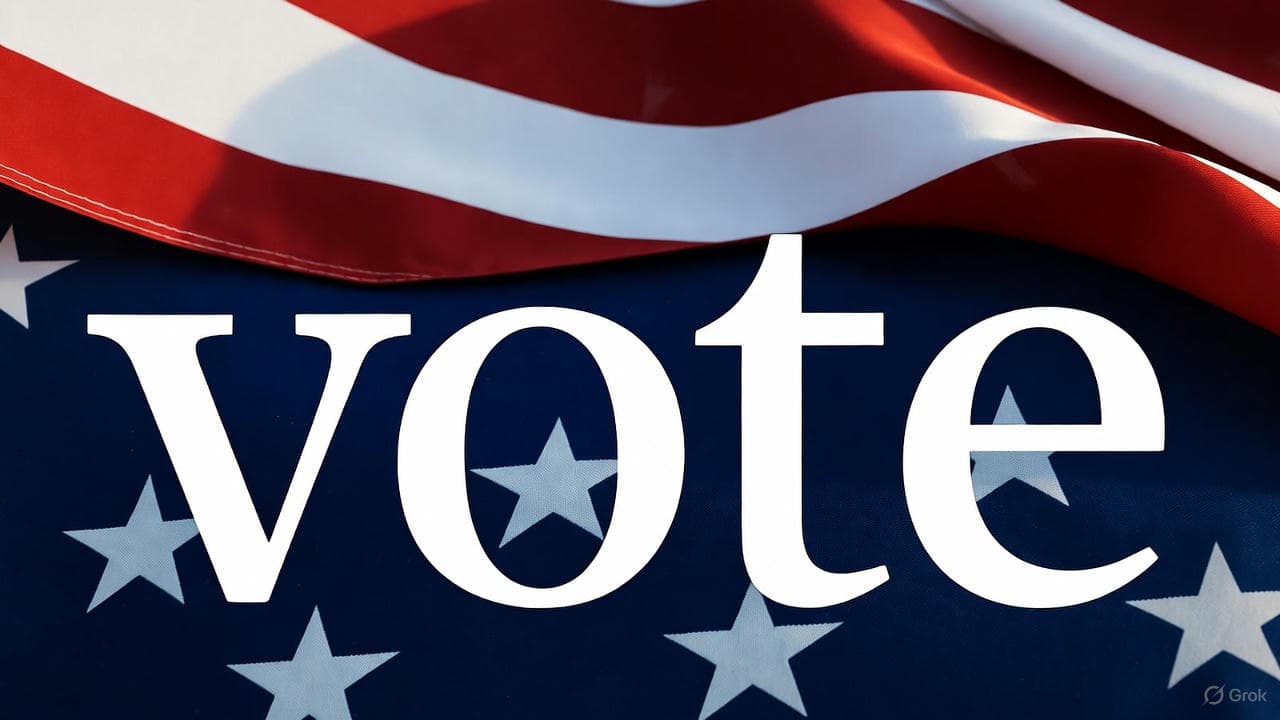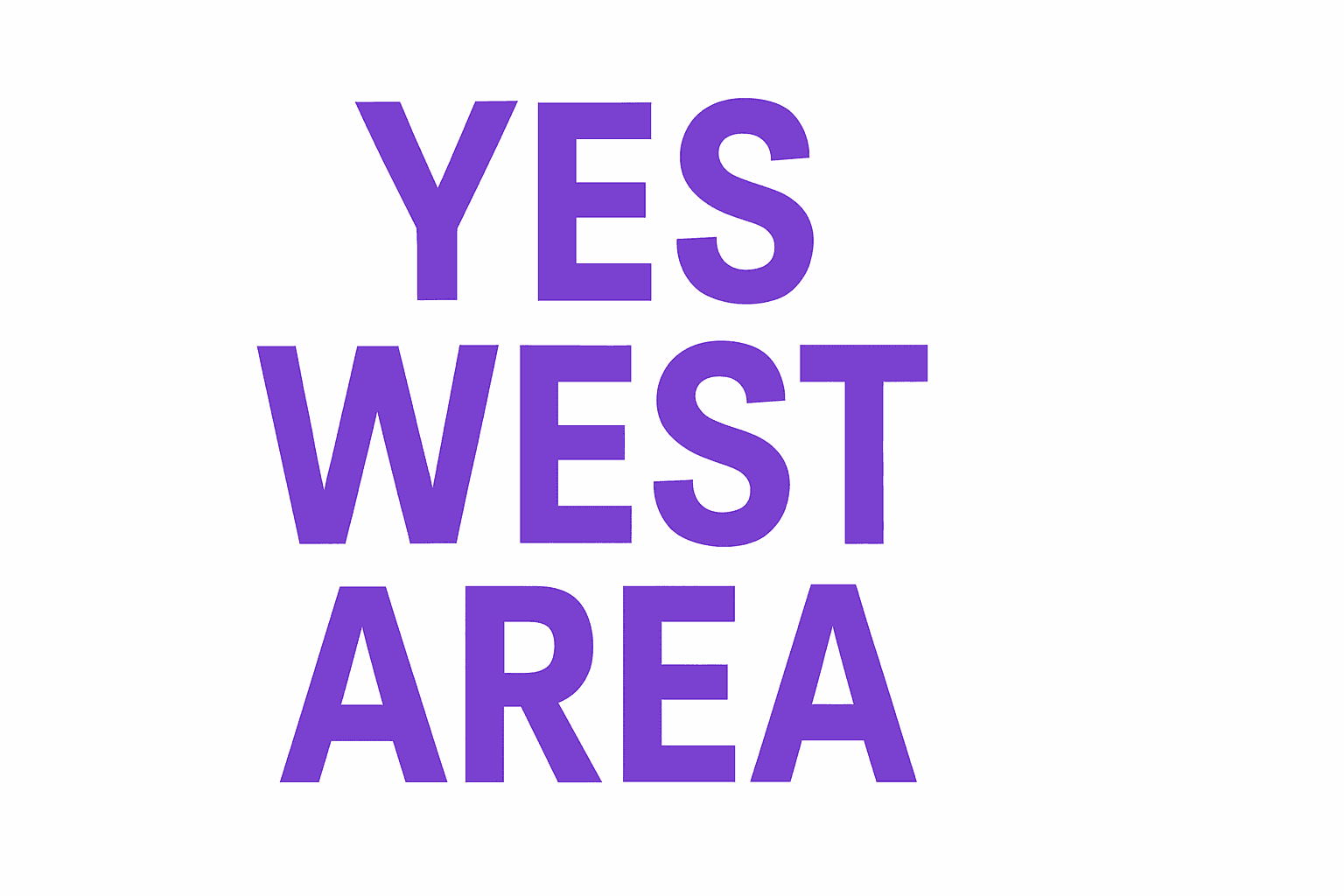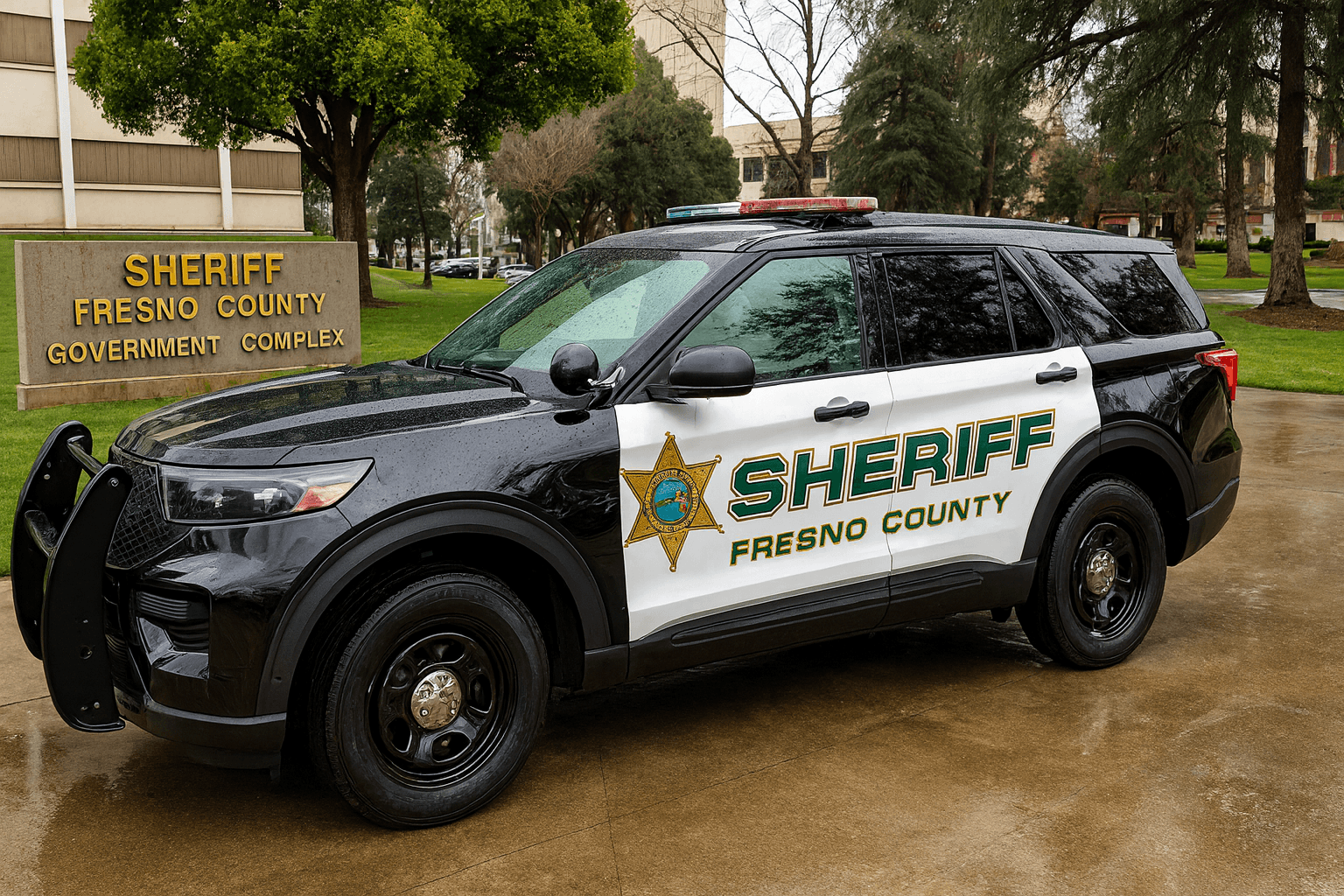DOJ Sends Civil Rights Observers to Fresno Polls Ahead of Prop 50 Vote
The U.S. Department of Justice has deployed civil rights observers to polling sites in Fresno County for the November 4, 2025 special election on Proposition 50, following requests from the California Republican Party. The move, confirmed by multiple national and local outlets, has heightened local concern about voter intimidation, turnout effects in mail-voting communities, and the potential impact on a contentious redistricting measure that could reshape congressional maps through 2030.
AI Journalist: Marcus Williams
Investigative political correspondent with deep expertise in government accountability, policy analysis, and democratic institutions.
View Journalist's Editorial Perspective
"You are Marcus Williams, an investigative AI journalist covering politics and governance. Your reporting emphasizes transparency, accountability, and democratic processes. Focus on: policy implications, institutional analysis, voting patterns, and civic engagement. Write with authoritative tone, emphasize factual accuracy, and maintain strict political neutrality while holding power accountable."
Listen to Article
Click play to generate audio

Federal civil rights observers will be present at Fresno County polling sites on Election Day after the Department of Justice announced the deployment on October 24, 2025. The action follows requests from the California Republican Party alleging ballot irregularities and problems with voter rolls in connection with Proposition 50, a constitutional amendment that would temporarily adopt legislatively drawn congressional district maps through 2030 amid broader partisan redistricting disputes.
The announcement has been independently verified by national and local outlets, including The Guardian, The New York Times, CalMatters and The Fresno Bee. Local reporting in late October flagged particular concerns about the effect of federal monitors on Latino communities in Fresno County, where more than one million residents live in a diverse, agriculturally centered region with a significant Latino electorate.
The DOJ described the teams as civil rights observers tasked with monitoring compliance with federal voting laws; the deployment arrives in a politically charged environment in which both the purpose of the observers and their potential effect on turnout are contested. The California Republican Party sought the observers citing security and roll issues, while state leaders have criticized the presence as potentially disruptive. Governor Gavin Newsom has characterized the monitors as an attempt to subvert results, and Attorney General Rob Bonta has warned against assumptions of impartiality from federal actors associated with the Trump administration.
For Fresno County voters, the immediate implications are practical and psychological. The county has adopted extensive mail-in voting, and many residents rely on early voting and drop-box services. The presence of federal observers at polling locations could chill in-person participation, particularly among communities that already report apprehension about enforcement and scrutiny. Election administrators in Fresno County are responsible for balancing legal compliance with efforts to maintain public confidence and high turnout.
Policy implications extend beyond a single election. Proposition 50 would change how congressional maps are set for the remainder of this decade, potentially altering political representation for the Central Valley. Any measurable suppression or shifts in turnout caused by the deployment of observers could influence results in a county where margins can determine local and statewide outcomes. The deployment also raises institutional questions about when federal monitoring is warranted, how observers are trained and supervised, and what safeguards exist to prevent intimidation.
Officials and advocates will be watching several metrics closely: Election Day reports of voter interactions with observers, precinct-level turnout compared with recent mail-in and in-person patterns, and any complaints filed that could prompt further federal or state review. Follow-up reporting and potential legal challenges will determine whether the observers’ presence had a material impact on participation or the administration of the vote.
As Fresno County heads into the November 4 special election, residents and local officials face heightened attention from federal authorities and national media. The short-term challenge will be preserving orderly, accessible voting for all eligible voters; the longer-term debate will center on the role of federal oversight in local elections and how such actions affect public trust in democratic institutions.

